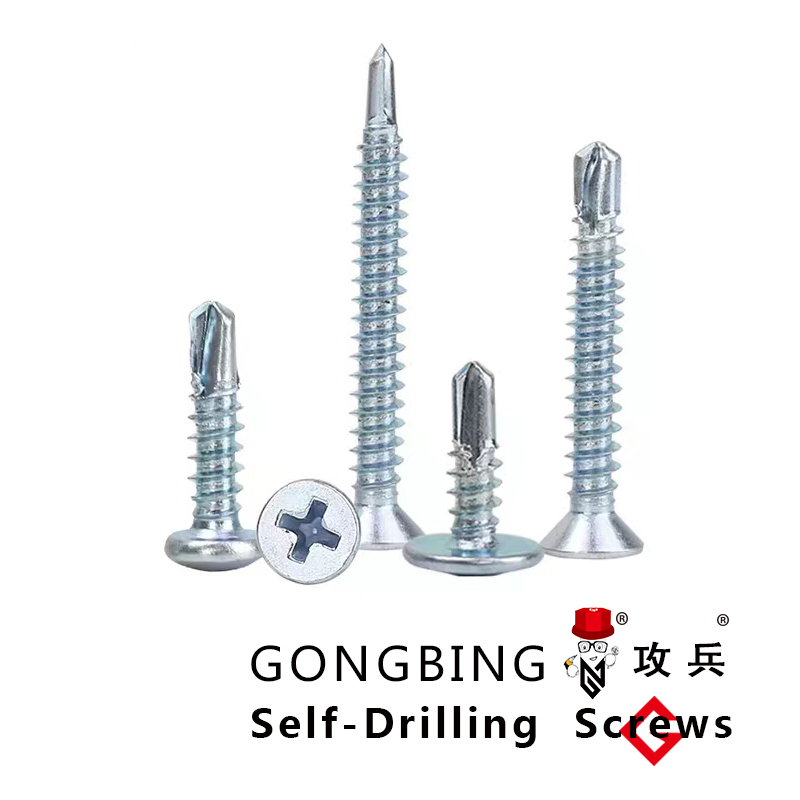mild steel foundation bolt
Understanding Mild Steel Foundation Bolts
Mild steel foundation bolts are essential components in construction and engineering applications, providing critical support and stability in various structures. These bolts, made from mild steel, are characterized by their ductile nature, moderate tensile strength, and excellent weldability. This article explores the properties, applications, manufacturing processes, and advantages of mild steel foundation bolts, highlighting their significance in civil engineering.
Properties of Mild Steel
Mild steel, or low carbon steel, contains about 0.05% to 0.25% carbon content, which contributes to its unique characteristics. The low carbon content gives mild steel its ductility and malleability, allowing it to be easily shaped and formed. This makes it a preferred material for producing foundation bolts, as it can withstand significant tension and shear forces without fracturing. Mild steel foundation bolts typically exhibit a yield strength of around 250 MPa and a tensile strength of about 400-500 MPa, making them suitable for structural applications.
In addition to its mechanical properties, mild steel is inherently resistant to corrosion when coated or galvanized. This resistance is crucial in ensuring the longevity of foundation bolts, especially in environments exposed to moisture and other corrosive elements. Various coatings, such as zinc or epoxy, can be applied to improve the corrosion resistance of mild steel foundation bolts.
Applications
Mild steel foundation bolts are widely used in construction and industrial applications. They play a vital role in anchoring structures to the ground, providing stability to buildings, bridges, towers, and other infrastructure. Common applications include
1. Building Foundations Foundation bolts help secure the structural frame of buildings, ensuring that they remain stable under different load conditions. 2. Bridges and Overpasses In bridge construction, foundation bolts are used to anchor support pillars and girders, facilitating the distribution of loads across the structure.
3. Towers and Transmission Lines For communication towers and transmission line structures, foundation bolts are essential for anchoring and supporting tall and heavy constructions, ensuring they can withstand wind loads and other forces.
4. Industrial Equipment Mild steel foundation bolts are also used in machinery and heavy equipment installations, providing secure attachment points for various components.
Manufacturing Process
The manufacturing process for mild steel foundation bolts involves several key steps
mild steel foundation bolt

2. Forging and Shaping The steel is heated and shaped into the desired bolt form, which can be done through forging processes like hot or cold working.
3. Threading After shaping, the bolts undergo threading, a critical step that enables them to be easily installed and securely fastened.
4. Coating To enhance corrosion resistance, foundation bolts are often coated with protective materials such as zinc plating or powder coating.
5. Quality Control Throughout the manufacturing process, quality control measures are implemented to ensure the bolts meet industry standards for strength and durability.
Advantages of Mild Steel Foundation Bolts
Mild steel foundation bolts offer several advantages, making them a preferred choice in numerous applications
- Cost-Effective Mild steel is relatively inexpensive compared to other materials, making it an economical choice for construction projects.
- Ease of Fabrication The ductility of mild steel facilitates easy fabrication, allowing for the production of bolts in various sizes and specifications.
- Strong and Reliable With proper design and installation, mild steel foundation bolts provide strong anchoring capabilities, ensuring structural integrity.
- Versatility These bolts can be used in a wide range of applications, from residential buildings to large infrastructure projects.
Conclusion
In summary, mild steel foundation bolts are crucial components in the construction industry, providing essential support and stability to various structures. Their favorable properties, versatility, and cost-effectiveness make them an ideal choice for engineers and builders. As construction technologies evolve, the demand for high-quality foundation bolts will continue to grow, underscoring the importance of mild steel in creating safe and durable structures.
-
Weatherproof Plastic Expansion Anchors for OutdoorTala FouJun.06,2025
-
Sustainability in the Supply Chain: Eco-Friendly TEK Screws ProductionTala FouJun.06,2025
-
Load-Bearing Capacity of External Insulation FixingsTala FouJun.06,2025
-
Double Head Bolts: Enhancing Efficiency in Industrial MachineryTala FouJun.06,2025
-
Corrosion Resistance in Chipboard Screws: Coatings for Wholesale DurabilityTala FouJun.06,2025
-
Butterfly Toggle Bolts : Enhancing Structural ResilienceTala FouJun.06,2025
